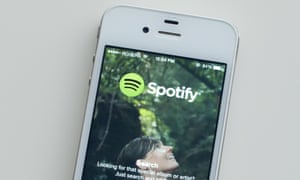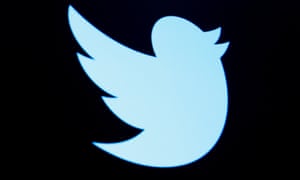The New Day
1. What was the New Day trying to achieve?
The New Day wanted to create diversification in the newspaper industry. This means that they wanted to fill a gap in the market with a new/unique type of newspaper which audiences haven't viewed before. They were trying to attract audiences by constructing a newspaper more relevant to modern lifestyles rather than political 'boring' stories that would turn this creative generation of people away from newspapers. Also, they weren't aiming to steal audiences from other newspapers because they were trying to be unique and the way they did this was by forming the newspaper for modern families.
2. List the key statistics on the first page: how many people buy newspapers in the UK? How has this declined in the last year?
- Newspapers have been in decline for over 2 years with a loss of 1 million readers
- Newspaper for new market
- First newspaper to cater for modern lifestyles
- About 6 million people buy a newspaper in Britain every day
- Target audience: 35 - 55 age, for modern approach, opinions and comments but no political line
3. What audience were the New Day trying to attract?
4. Why do you think the New Day failed so spectacularly? There are several possible reasons listed in the article but do develop your own opinion here as well.
From reading the beginning of the article alone, I felt the New Day newspaper was more like a magazine. When considering the features of it: the pictures, the 'modern lifestyles' I instantly thought of a magazine because newspaper are known for having articles with words and words trying to create moral panics and reinforcing ideologies. However, this 'newspaper' has taken a completely different approach to others and some could argue that it isn't even a newspaper.
The Guardian
1. List the key statistics on page 10: How many unique digital browsers used the Guardian website in June 2016? What are The Guardian's latest print sales figures? How does this compare to the Telegraph? In terms of finances, how much did the Guardian lose in 2015?
- Sales of newspapers have been in steady decline since the explosive growth of the internet in the 1990s
- The Guardian's website is the third most read in the World with over 120 million monthly browsers
- But struggling to maintain print audience
- Guardian has nearly 9 million average daily browsers, putting it a long way behind the market leader MailOnline with 14 million
2. What has been The Guardian's strategy for reversing this decline?
The Guardian had decided to set cutbacks of over 20%.They also are relying on investments to keep the newspapers alive - from Scott Trust.
3. What global event did The Guardian's digital coverage win awards for?
Pray for Paris. The terrorists attacks that had taken place in France were the reason that The Guardian won an award for digital coverage. It was significant because it gave people an understanding of the situation the city was in, the people involved both victims and perpetrators.
4. In your opinion, will the global website strategy be enough to save The Guardian?
I don't believe this alone will save The Guardian because it is a long term strategy. This means that the benefits the institution would receive would come too late and their brand image would be under pressure at that point.





